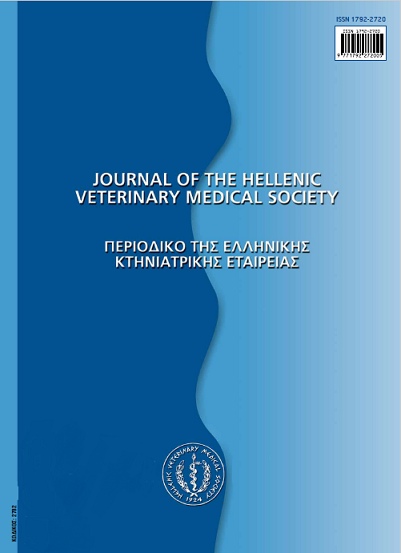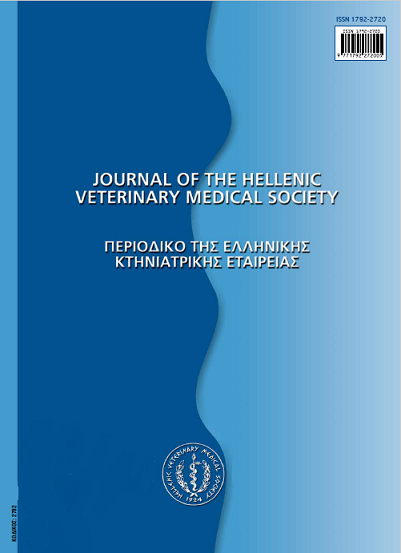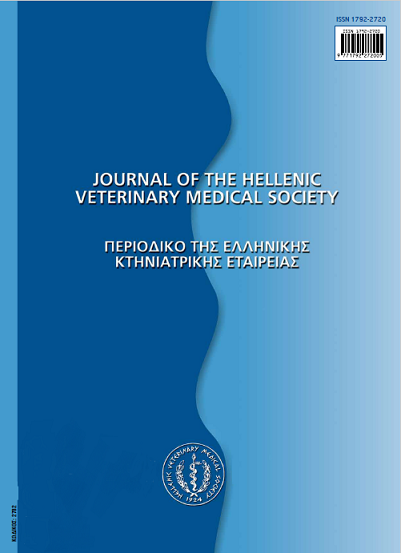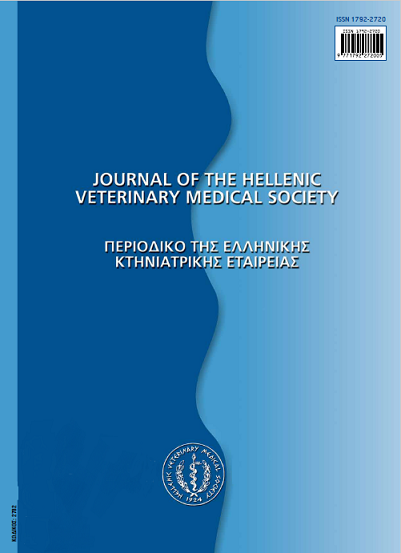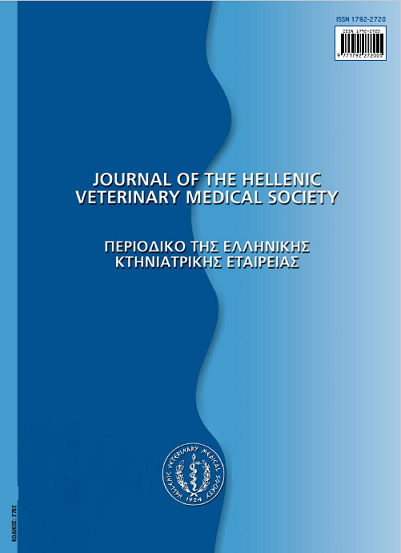Health and Production of Greek Organic Pig Farming: Current situation and perspectives
Аннотация
For many years, outdoor pig farming has been one of the most important livestock production seetors in Greece. Since the 1960s, the introduction of high-yielding pig genotypes, under intensive production systems, has replaced almost to disappearance the traditional -based on the native pig breed- outdoor pig farms.
Organic pig production systems in Greece are growing in popularity over the last years due to the increasing interest of consumers for organic products. The National Greek projects for organic pig farming started in 2002 and since then it has increased, representing the 15% of total organic livestock production in 2007. According to the Directorate of Organic Agriculture in the Ministry of Rural Development and Food, the development of organic pig farming industry in West Greece, Thessaly and North Greece was impressive from 2002 to 2007, A significant but more gradual development of organic pig farming was seen in the island of Crete, while insignificant development was observed in the Central Greece. The development of organic pig farming especially in the Northern part of the country started from 2003-2004 onwards.
In 2002, the total number of organic pigs was just 1.288, while in 2007 it had reached 175.000 organic pigs in the country. However, a significant reduction has been noticed since 2008, mainly due to the national funding cuts for organic pig farming, as well as the increase of feeding expenses. Moreover, training and specialization of organic pig farmers and their investments on modernization and equipment / housing facilities were insufficient, resulting in animal health problems, poor growth performance, poor carcass quality and high-cost production. The most common health problems in Greek organic pig farming are respiratory problems, gastrointestinal problems, claw and skin problems, parasitic infections and high piglet mortality, Increasing health problems were attributed mainly to poor housing conditions (predispose to various infectious micro-organisms), and the contact of organic pigs with rodents that act as tank of several pathogens (Trichinella spp and Toxoplasma gondii). The housing condition of organic farming may predispose animals to various infectious micro-organisms, normally no longer present indoors because of the strict hygienic measures that arc taken. An important risk factor in organic pig production is the more frequent, compared with conventional swine industry, in contact with rodents. Rodents are actors - tank of several pathogens, some of which arc hazardous to public health, such as Trichinella spp and Toxoplasma gondii. This report aims to present updated information about the health status, production and development of organic pig farming in Greece during the last decade, as well as the potential of this particular productive activity for future development
Article Details
- Как цитировать
-
PAPATSIROS (Β. ΠΑΠΑΤΣΙΡΟΣ) V. G., TASSIS (Π.Δ. ΤΑΣΣΗΣ) P. D., CHRISTODOULOPOULOS (Γ. ΧΡΙΣΤΟΔΟΥΛΟΠΟΥΛΟΣ) G., BOUTSINI (Σ. ΜΠΟΥΤΣΙΝΙ) S., TSIRIGOTAKIS (Γ. ΤΣΙΡΙΓΩΤΑΚΗΣ) G., & TZIKA (Ε. TZHKA) E. D. (2017). Health and Production of Greek Organic Pig Farming: Current situation and perspectives. Journal of the Hellenic Veterinary Medical Society, 63(1), 37–44. https://doi.org/10.12681/jhvms.15396
- Выпуск
- Том 63 № 1 (2012)
- Раздел
- Short Communication
Authors who publish with this journal agree to the following terms:
· Authors retain copyright and grant the journal right of first publication with the work simultaneously licensed under a Creative Commons Attribution Non-Commercial License that allows others to share the work with an acknowledgement of the work's authorship and initial publication in this journal.
· Authors are able to enter into separate, additional contractual arrangements for the non-exclusive distribution of the journal's published version of the work (e.g. post it to an institutional repository or publish it in a book), with an acknowledgement of its initial publication in this journal.
· Authors are permitted and encouraged to post their work online (preferably in institutional repositories or on their website) prior to and during the submission process, as it can lead to productive exchanges, as well as earlier and greater citation of published work.

